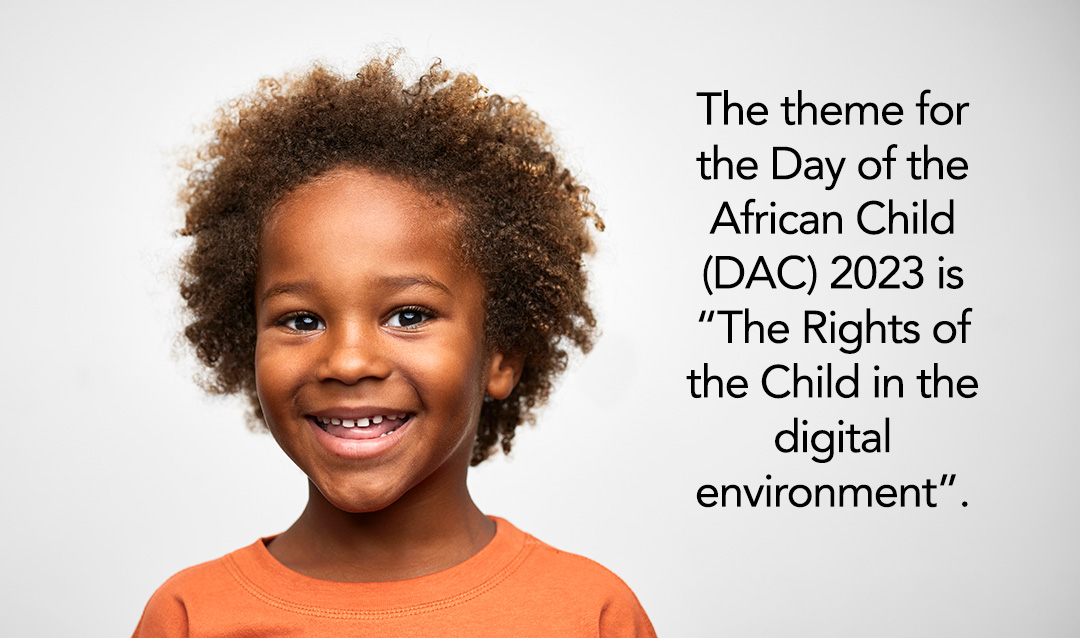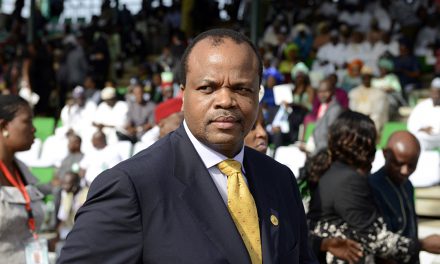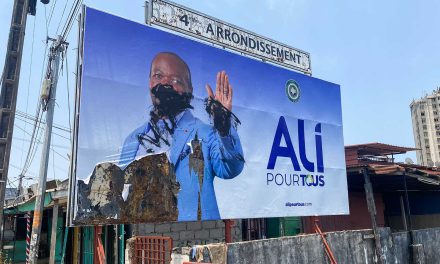On the 16th of June each year, South Africa observes Youth Day; the African continent and the world at large commemorate the Day of the African Child, a day of remembrance and celebration for the youth of Africa and the diaspora.
This significant date holds historical importance, especially for South African children and youth, as it commemorates the Soweto Uprising of 1976.
The Soweto Uprising of June 16 was organised by young people and is credited with revitalising the collective spirit of South Africans and the international community to increase their efforts in fighting the racist and criminal Apartheid regime.
The June 16 uprisings further brought a much-needed global spotlight to the then-fatigued solidarity against apartheid.
Indeed, if it were not for the ultimate sacrifice of the hundreds of young people in the streets of Soweto, the atrocities that were being committed by the apartheid government would not have made international headlines.
Today, as we commemorate and honour the youth of June 16, we are reminded of the unforgettable image of the lifeless body of Hector Peterson in the hands of anti-Apartheid activist Mbuyisa Makhubu.
The image should remind us that the democracy we have today was achieved through the sacrifice of many South Africans and progressive allies of yesteryear.
Therefore, on Youth Day, we not only honour the memory of the brave children and youth who fought for their rights but also recognise the remarkable contributions and resilience of African people in the motherland and the African diaspora in shaping a better future for the continent.
Tafawa Balewa of Nigeria, Ahmed Sekou Toure of Guinea, Jomo Kenyatta of Kenya, Nelson Mandela of South Africa, Patrice Lumumba of Congo, Amilcar Cabral of Guinea Bissau and Cape Verde, Ntsu Mokhehle of Lesotho, Sam Nujoma of Namibia, and many others were youth when they started the fight for freedom, liberation, and independence.
Therefore, on this historic day, African youth should know that it is a myth and a fallacy that youth cannot be trusted with leadership, management, and ultimately the transformation of their communities, countries, the continent, and the world.
At the same time, African youth see the value in initiatives such as the APRM to avoid the later mistakes and poor governance exhibited by former liberation movements.
 Historical significance of the Soweto uprising
Historical significance of the Soweto uprising
On June 16, 1976, over 20 000 students took to the streets to protest the imposition of Afrikaans as the medium of instruction in schools.
Tragically, the demonstration was met with violence from the apartheid regime, resulting in the loss of over 176 lives.
The Soweto Uprising symbolises the unwavering determination of African children and youth to fight for their rights, education, and a better future.
The Soweto Uprising remains a powerful symbol of youth activism and the struggle against apartheid.
The bravery and sacrifice of the children who participated in the protests continue to inspire generations.
Today’s youth in South Africa and Africa can take inspiration from the June 16 generation and tackle the surge of youth unemployment, corruption, and all the ills brought on by misgovernance.
Empowering civil rights movements
Beyond the borders of South Africa, the Soweto Uprising inspired a wave of activism and youth engagement in civil rights movements throughout Africa.
Young people, filled with passion for justice and equality, united their voices, demanding an end to oppression and the establishment of democratic societies. Throughout history, African youth have played pivotal roles in liberation struggles and civil rights movements.
The Nelson Mandela Foundation highlights the significant contribution of young Africans to the struggle for liberation.
Today, initiatives like the APRM Youth Symposium, YouLead Summit, YouthConnekt, Slums2School, YouthHub Africa, Leap Africa, and the 1 Million Next Level empower and support young Africans in their pursuit of leadership, education, and entrepreneurship.
African youth are at the epicentre of driving innovation, spearheading entrepreneurship, and advocating for social change across the continent.
Looking towards the future: Prospects for the African child
As we commemorate the Day of the African Child, we must reflect on the progress made and acknowledge the challenges that lie ahead.
Despite significant strides in education, healthcare, and economic development, many African children still face obstacles such as poverty, conflict, and a lack of access to quality education.
The African Committee of Experts on the Rights and Welfare of the Child (ACERWC), an organ of the African Union based in Maseru, Lesotho, has been doing outstanding work in popularising governance standards and codes that lead to improved children’s development.
However, additional work is needed to eradicate child labour, hunger, disrupted education, and conflict.
According to the International Labour Organization (ILO), youth employment remains a challenge in Africa, with limited job opportunities and high unemployment rates.
However, the future holds promise. The African child today is more connected, educated, and empowered than ever before. With increased access to information and technology, young Africans are leveraging their skills and knowledge to drive positive change.
The African Development Bank Group recognises the potential of the continent’s youth in shaping a prosperous future.
Investment in education, healthcare, and skills development is crucial
The United Nations Educational, Scientific and Cultural Organization (UNESCO) emphasises the importance of education in Africa for unlocking the full potential of young people.
By equipping African children with quality education and nurturing their talents, we can ensure their success and contribution to a prosperous and harmonious continent.
The African Union has taken significant steps to support the African child’s future.
The African Youth Charter remains Africa’s leading legal instrument, providing youth with rights and also giving them responsibilities for charting a better future.
The charter emphasises the importance of education, health, and economic empowerment to secure a brighter future for the African child.
On Youth Day, South African youth ought to check if the aspirations of the African Youth Charter have been realised in South Africa.
The Day of the African Child serves as a reminder of the strength, courage, and resilience of African youth throughout history.
From the Soweto Uprising to the present day, young Africans have been at the forefront of the struggle for justice, equality, and progress.
As we celebrate this day, let us renew our commitment to empowering the African child, providing them with the opportunities and support they need to fulfil their dreams.
The future of Africa rests in the hands of its youth
By investing in their education, nurturing their talents, and fostering an inclusive and equitable society, we can ensure that the African child becomes a beacon of hope and a catalyst for positive change.
The African Union and its organs, such as the APRM, recognise the role of young people in driving innovation, promoting democracy, good governance and entrepreneurship.
Let us stand united in creating a future where every African child can thrive and contribute to a prosperous and harmonious continent.
By drawing inspiration from the historical significance of Youth Day and acknowledging the contributions of African youth to civil rights movements, we can pave the way for a brighter future.
The African child is resilient, innovative, and full of potential.
It is our collective responsibility to nurture and empower them so that they may lead Africa towards a future of peace, progress, and prosperity.








